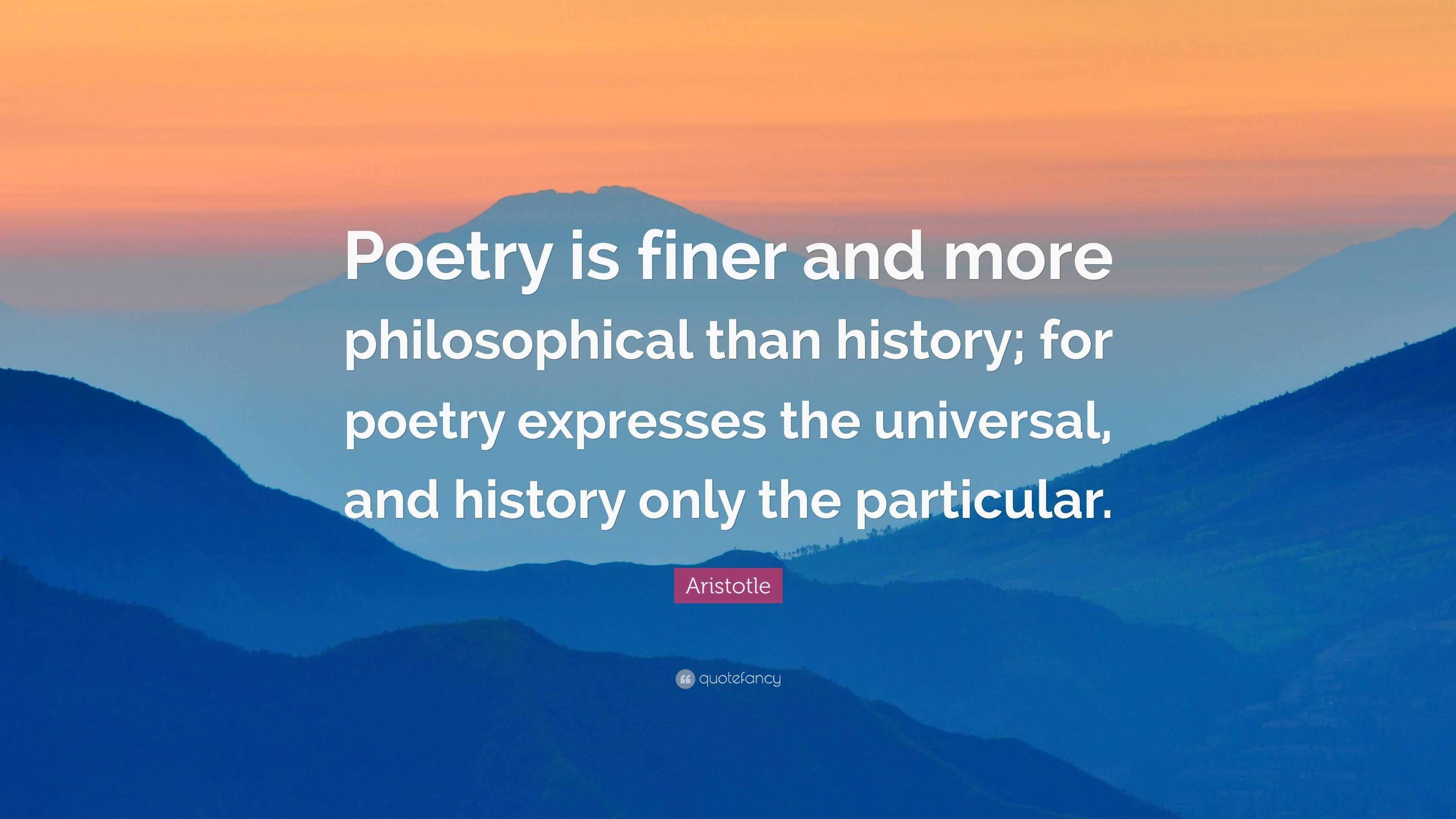Plato wanted to ban poetry because of its distance from truth. To this day, many philosophers favour straightforward, literal language which they think represents a singular truth. But, by embracing and playing with language’s ambiguity, argues Magdalena Ostas, poetry recognises and evokes reality’s inexhaustibility. This makes poetry a powerful way of doing philosophy – as Emily Dickinson’s poetic-philosophical investigation into the nature of the self demonstrates. We usually don’t think of poetry as a powerful tool for thinking. We definitely don’t think of poetry as an agent of forceful philosophical thought. We often assume that the arid or straight language philosophers are apt to use, strangely, brings us closer to touching the truth of things. Philosophy and poetry, in fact, have an anxious history whose uneasiness begins with the ancient quarrel in Plato’s Republic, the dialogue wherein Plato bans the poets entirely from participating in his …
Read the full article which is published on IAI TV (external link)






